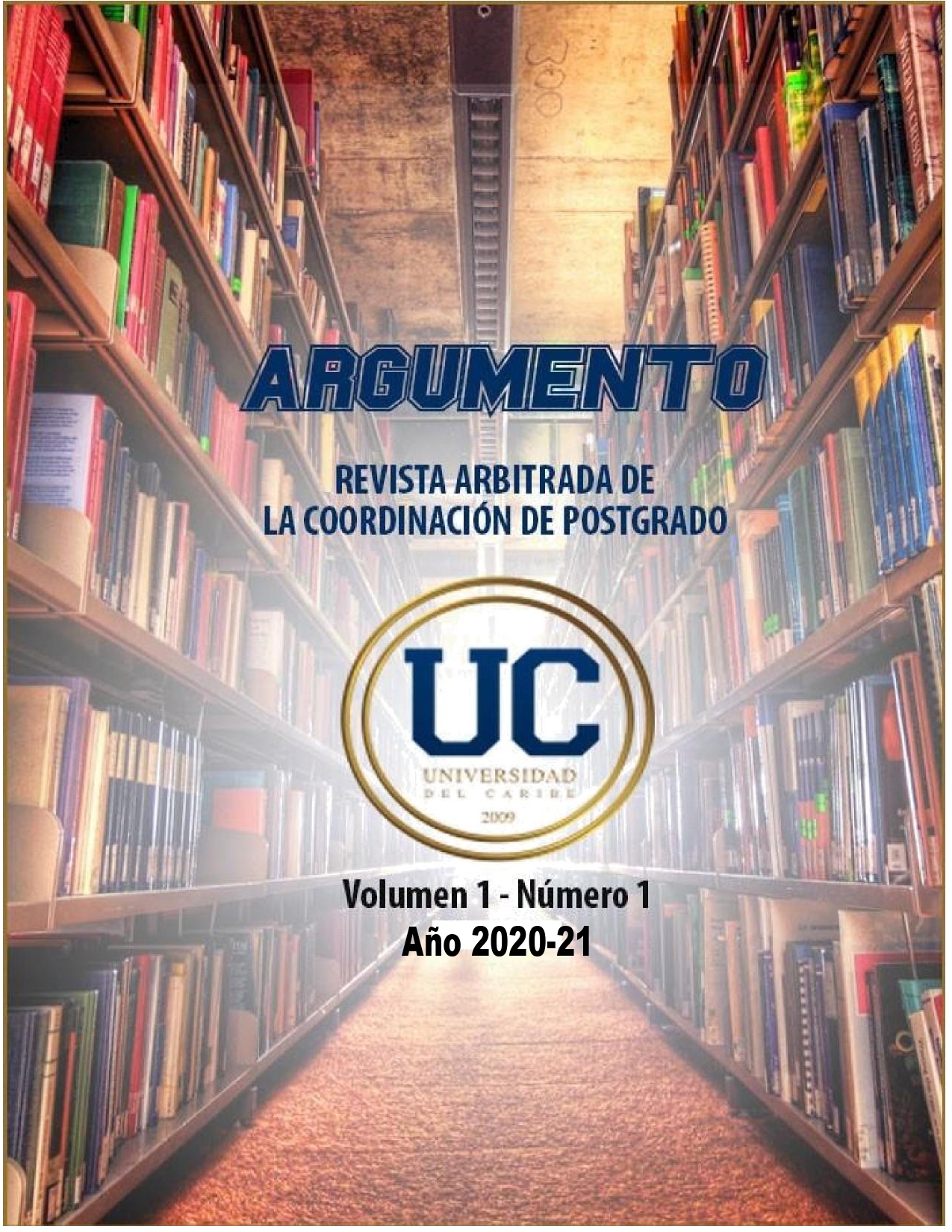Paradigms and flexible approaches to management science research
Main Article Content
Section
Abstract
In this article, a classification of paradigms and flexible research approaches in the administrative sciences area is made. Such classification will allow researchers both validate and legitímate their work around any paradigm (functionalist, interpretivist, radical humanist, radical structuralist, pragmatism) since it will condition the whole research process from its conception up to the production of results. This document can contribute to both the metodological and epistemological debate on the topic withiin the academic community given the growing relevance of a variety

This work is licensed under a Creative Commons Attribution-NonCommercial 4.0 International License.
Downloads
Article Details
How to Cite
References
Burrell, G. & Morgan, G. (1979).
Sociological paradigms and organizational analisis. London: Heinemann.
Gioia, D. A. & Pitre, E. (1990). Multiparadigm perspectives on theory building. Academy of Management Review, 15 (4), 584-602
Guba, E. & Y. Lincoln (1989). Fourth generation evaluation. Newbury Park, CA: Sage.
Guba, E. & Y. Lincoln (1994). Competing paradigms in qualitative research. In N.K. Denzin y Y.S. Lincoln (Eds.). Handbook of Qualitative Research (2nd ed.) (pp. 105-117). Thousand Oaks, NY: Sage.
Greene, J. C. (2000). Understanding social programs through evaluation. In N. K. Denzin & Y. S. Lincoln (Eds.).
Handbook of Qualitative Research Burrell, G. & Morgan, G. (1979).
Sociological paradigms and organizational analisis. London: Heinemann.
Gioia, D. A. & Pitre, E. (1990). Multiparadigm perspectives on theory building. Academy of Management Review, 15 (4), 584-602
Guba, E. & Y. Lincoln (1989). Fourth generation evaluation. Newbury Park, CA: Sage.
Guba, E. & Y. Lincoln (1994). Competing paradigms in qualitative research. In N.K. Denzin y Y.S. Lincoln (Eds.). Handbook of Qualitative Research (2nd ed.) (pp. 105-117). Thousand Oaks, NY: Sage.
Greene, J. C. (2000). Understanding social programs through evaluation. In N. K. Denzin & Y. S. Lincoln (Eds.).
Handbook of Qualitative Research
Greenwood, D. & M. Levin (1998).
Introduction to action research: Social research for social change. Thousand Oaks, CA: Sage Vol. 1. N° 1. Abril 2010. pp. 207-222
Lewin, K . (1948). Action research and minority problems in resolving social conflicts. New York: Harper and Row.
Morgan, G. (1983). Beyond methods: Strategies for social research. Newbury Park, CA: Sage.
Patton, Q. (2002). Qualitative research & evaluative methods. Thousand Oaks, CA: Sage.
Strauss, A. & Corbin, J. (1998). Basics of qualitative research: techniques and procedures for developing grounded theory. Thousand Oaks, CA: Sage Publications.
Tashakkori, A. & C. Teddlie (1998). Mixed methodology: Combining qualitative and quantitative Approaches. Thousand Oaks,CA: Sage.
Yin, R. (2002). Case study research: Design methods. London: Sage.

